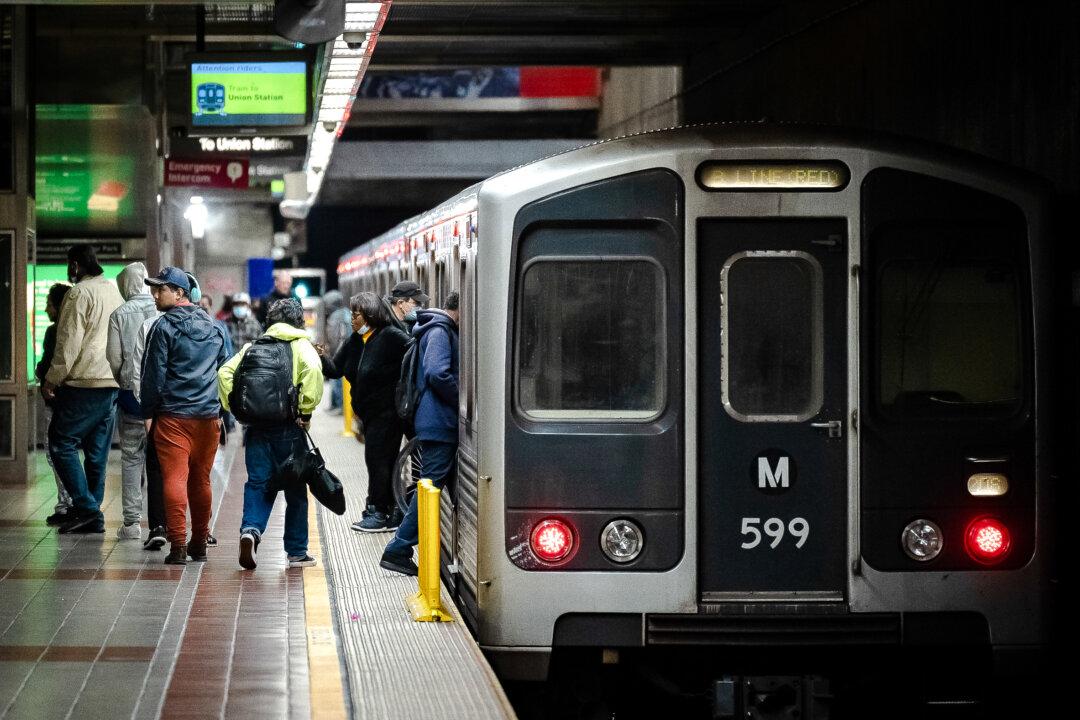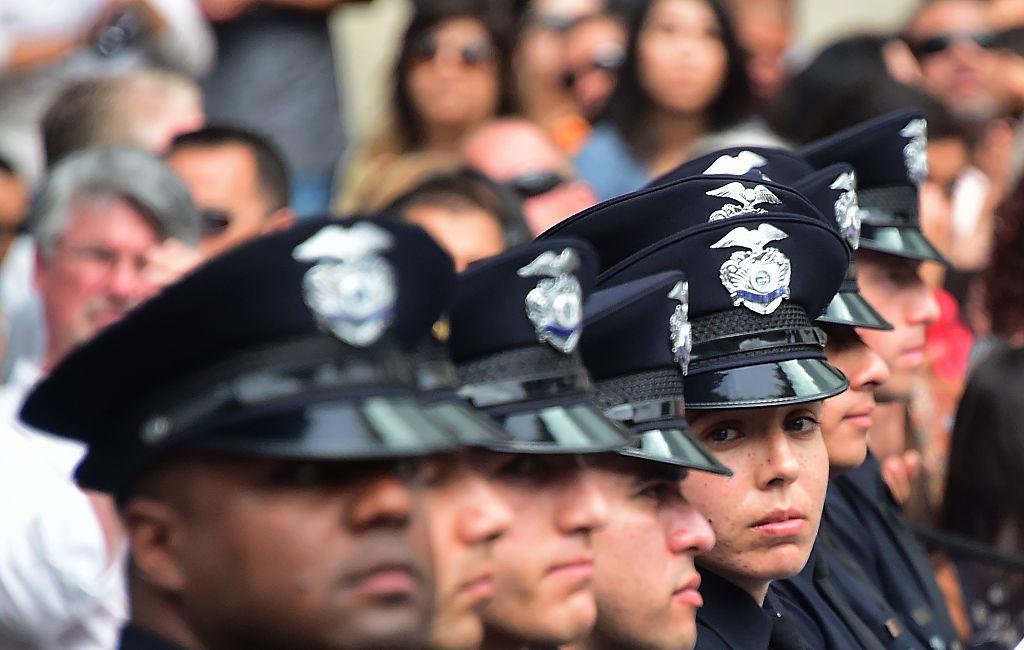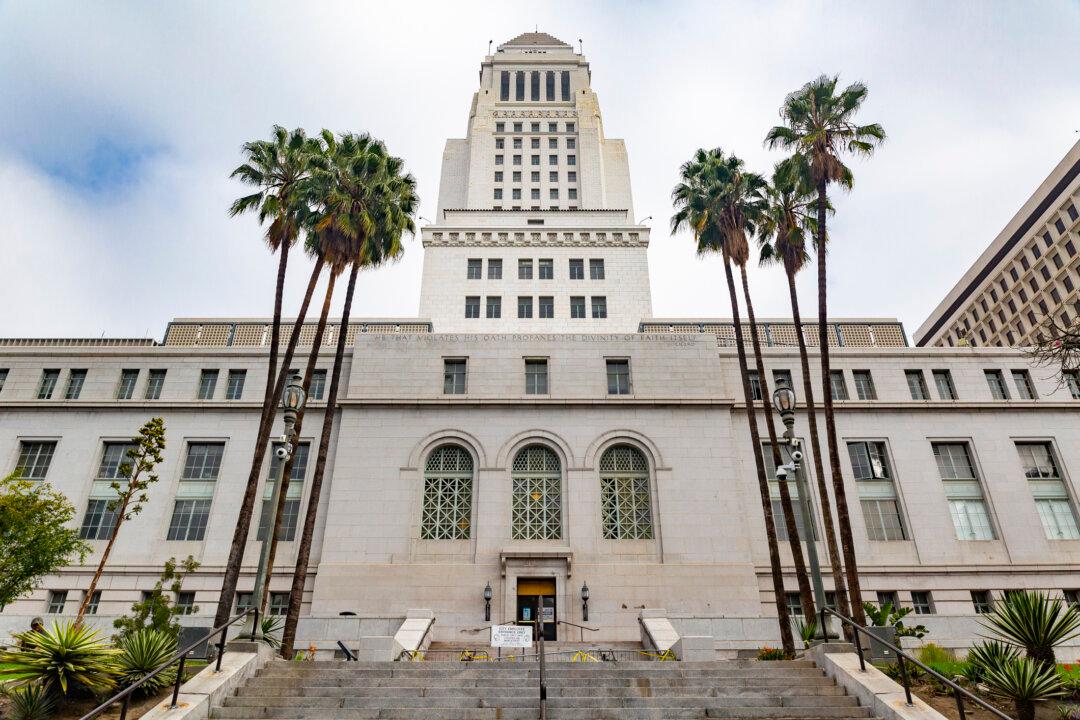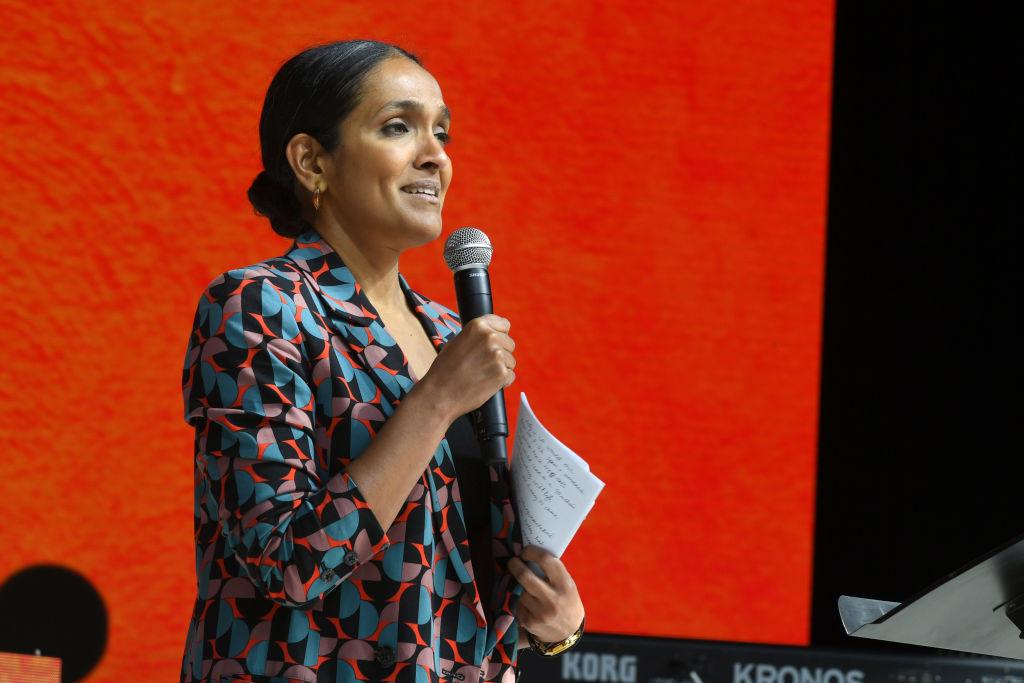Some Long Beach community members are pushing back against the Los Angeles County Metro Board’s plan to create a hub for homeless services at one of its local Metro subway stations along the line that runs from downtown Los Angeles to Long Beach.
Los Angeles County Supervisor Janice Hahn, who represents Long Beach and is a member of the Metro board, in February authored the motion—which was sponsored by three other board members including Los Angeles Mayor Karen Bass—to create the hub.





